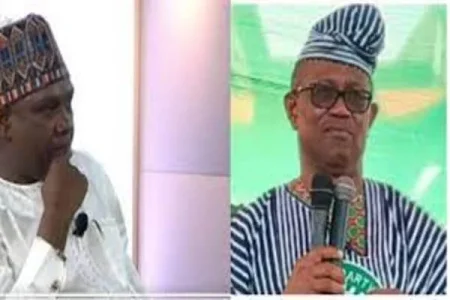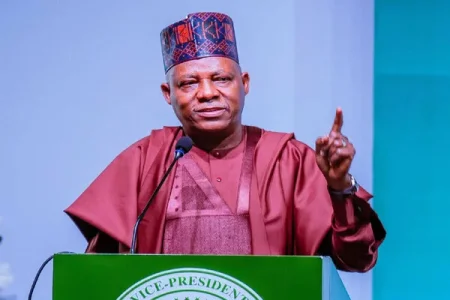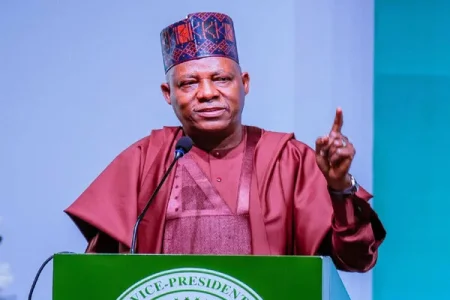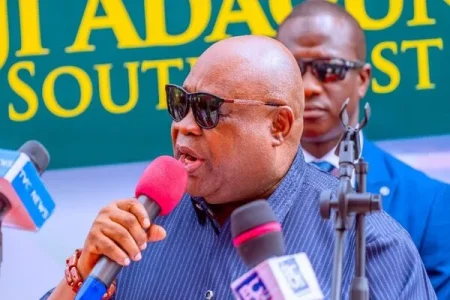
In a recent conversation with TheCable, Daniel Bwala, former spokesperson of the Atiku/Okowa Presidential Campaign Organisation, unleashed a scathing critique of Peter Obi, the Labour Party's presidential candidate in the 2023 election. Bwala lambasted Obi's leadership style, labeling him as an inadequate opposition figure who fails to commend the federal government even on commendable actions. According to Bwala, Obi lacks the political culture and mentorship track record expected of a Nigerian politician, emphasizing his failure to propose alternative policies as a significant shortcoming.
Reacting to Bwala's remarks, Nigerians took to various platforms to express diverse opinions. While some echoed Bwala's criticisms, branding Obi's supporters as a "headless mob," others defended Obi, highlighting his resilience and urging him to remain focused amidst criticism. Furthermore, Bwala's suggestion that Obi should occasionally propose alternative policies sparked a debate, with some interpreting it as a call for Obi to address the country's economic challenges more explicitly.
Meanwhile, discussions surrounding the alleged influence of the "Obidients" over Obi's leadership stirred controversy. While some dismissed the notion as baseless, others speculated on the implications of such control, questioning Obi's ability to lead effectively in a diverse nation like Nigeria. Amidst the varied reactions, the discourse underscored the complexities of Nigerian politics and the ongoing scrutiny faced by political figures like Peter Obi.
As the debate continues to unfold, Nigerians remain divided over the efficacy of Obi's leadership and the influence of external forces on his political decisions, reflecting broader uncertainties within the country's political landscape.




